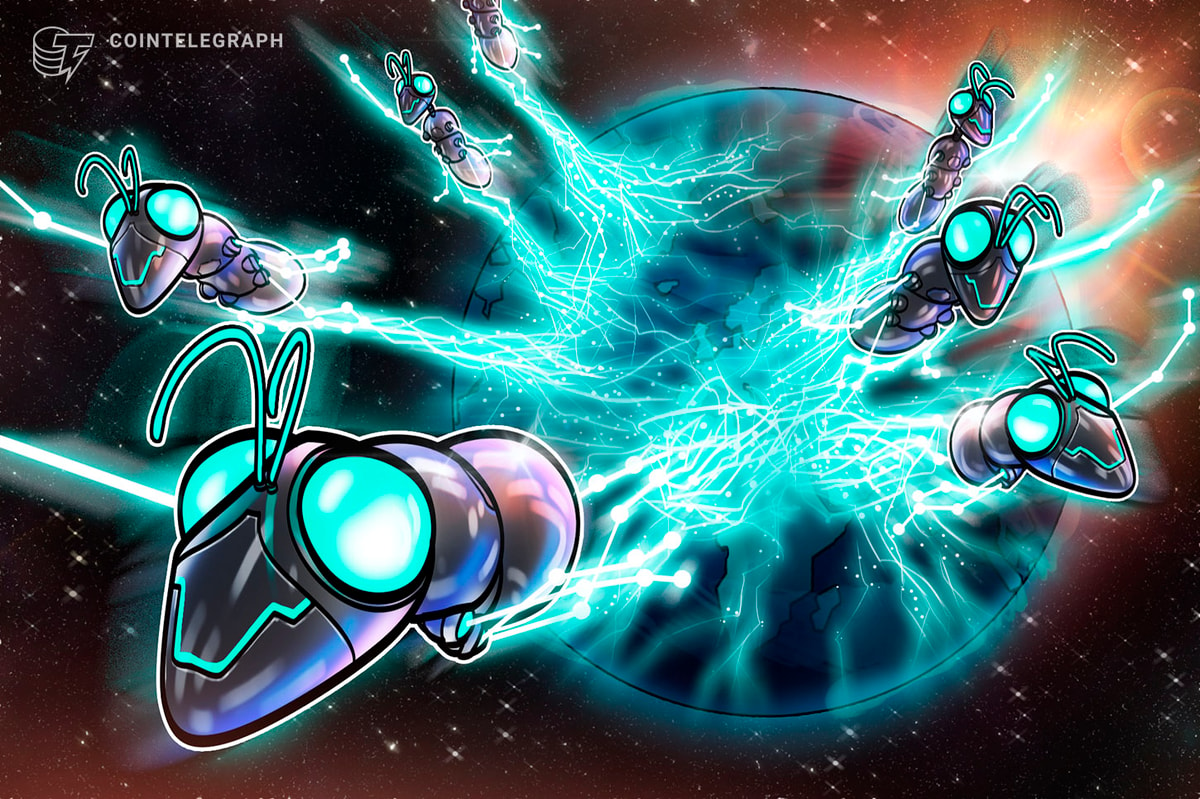Bitcoin developers can theoretically remove the 21-million-Bitcoin (BTC) supply limit from the source code, but miners are unlikely to accept such a change, according to one analyst.
The 21-million hard limit of Bitcoin is one of the fundamental principles of the Bitcoin network, which is designed to provide scarcity — the gap between limited resources and unlimited wants.
Bitcoin’s 21-million supply limit is written in the open source code by anonymous creator Satoshi Nakamoto and is publicly available on GitHub, though it is not explicitly stated in the code.
The limit can be found by searching the “validation.cpp” file of the code and getting to the part of the code called “GetBlockSubsidy.” The code mentions that miners’ subsidy is “cut in half every 210,000 blocks, which will occur approximately every 4 years.” The code implies that the miners’ reward will eventually fall to zero from the initial subsidy of 50 BTC as a result of 33 Bitcoin halvings, which are programmed to occur every four years.

Like most other codes, Bitcoin’s source code can be modified, meaning the 21-million limit is theoretically changeable. However, such a change will have to be accepted by miners to be effective, according to Josef Tětek, a Bitcoin analyst at the hardware wallet firm Trezor.
“Devs can potentially introduce anything they like, but they cannot force the changes on anyone,” Tětek said, adding:
“The main say in what gets accepted have the node runners — people around the world that run Bitcoin full nodes.”
The analyst cited a related historical precedent involving the “Blocksize War” in 2017, where some developers, miners and exchanges wanted to increase the size of Bitcoin’s block from the original size of 1 megabyte.
“The node runners rejected such change, as it would lead to greater centralization of Bitcoin,” Tětek stated. According to estimations from the website Buy Bitcoin Worldwide, there are likely more than 1 million unique individuals mining BTC.
Some commenters in the Bitcoin community echoed similar sentiments on the cryptocurrency forum Bitcointalk, with many expressing confidence that miners will not support the removal of Bitcoin’s 21-million supply cap.
Related: JPMorgan CEO’s dig on Bitcoin and Satoshi spark BTC hodl rumors on Reddit
“Network participants will not run that code and it will have to go to a hard fork that almost nobody would support,” Bitcointalk user Kakmakr wrote. They added:
“Bitcoin is not like fiat currency, you cannot simply switch on the money printers and increase the supply... You need consensus from the participants in that network.”
The comments came in response to JPMorgan CEO Jamie Dimon doubting the finality of the 21-million Bitcoin supply maximum and slamming BTC for alleged use cases like “sex trafficking, tax avoidance, Anti-Money Laundering” in a CNBC interview on Jan. 17.
Dimon’s hostile stance on Bitcoin didn’t prevent JPMorgan from getting involved in crypto. On Dec. 29, JPMorgan Securities was named as one of the authorized participants for BlackRock’s exchange-traded fund tracking Bitcoin.
Magazine: 10 best long reads about crypto in 2023










